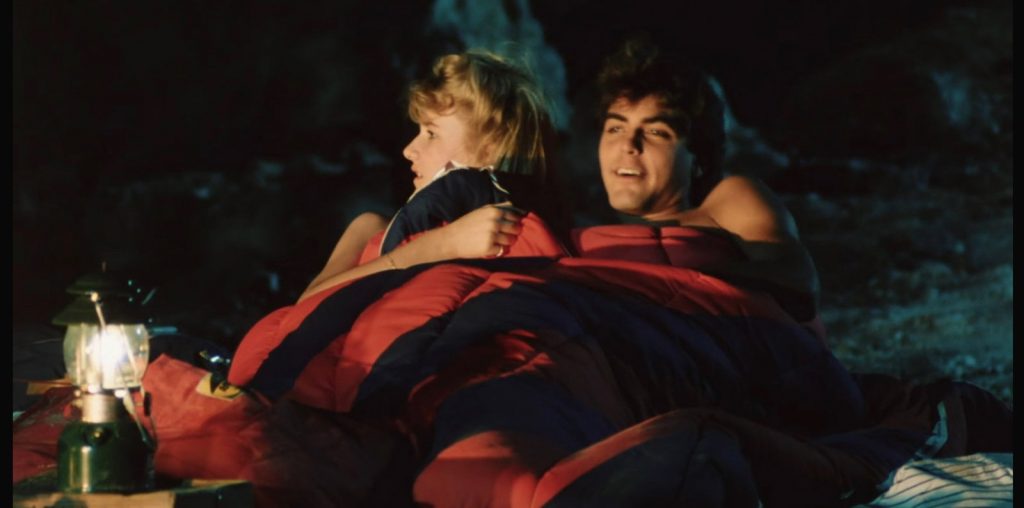
He’s old, slightly chubby, and a really nice guy. He’s Mexican musician Carmelo Muniz Sanchez and he may seem an odd choice of subject for a feature length documentary. But as captured in Mark Becker’s exquisite “Romantico”, Sanchez wins our hearts as a selfless provider and passionate interpreter of some of the most beautiful love songs you’re ever likely to hear.
What was supposed to be a picture about the life of a San Francisco-based immigrant musician (of which they are a dime a dozen), inadvertently evolved into a richly observed slice of life tale about a man returning home, a bittersweet immigrant tale in reverse. Before taking this unexpected direction, the film takes the time to establish Carmelo’s daily life and rhythms, casually shadowing the troubadour as he and his musical partner/budding alcoholic Arturo Arias hit up bay-area hipster dives and taquerias for basically chump change. (The two musicians hilariously bill themselves as a trio because they’re apparently in greater demand.) Since performing his romantico musica alone doesn’t allow Carmelo to adequately provide for his beloved wife and two daughters back in Mexico, the 57-year old, uneducated illegal immigrant also works at a car wash during the day.
After establishing the banalities of Carmelo’s lonely existence and the compelling tale of his border crossing (he somehow landed in Los Angeles penniless, clueless, and a complete stranger to the English language), “Romantico” follows him as nervously boards an airplane (a first for him) and heads home to the sleepy Mexican village of Salvatierra. Reunited with his family and ailing mother, Carmelo decides to stay awhile, picking up odd mariachi jobs at weddings and funerals, all to the dismay of Arturo, left back in San Francisco with a bottle by his side. As life in Salvatierra shuffles along at its unhurried pace, Carmelo muses about a troubled 11-year stretch in his life that was set right by a drop of holy water. Meanwhile, his long-suffering, diabetes-stricken mother thankfully passes on and Arturo is checked into rehab. Through it all, Carmelo remains stoic in his faith in God and undying ambition to provide a better life for his daughters.
“Romantico” works best as a beautifully executed and inspirational work of self-sacrifice. Though some may label it “slow”, Becker’s film is in fact, intentionally (and perfectly) paced to match the slow rhythms of Carmelo’s day-to-day existence, whether in San Francisco or Mexico. Becker is to be commended for his audacious choice of a subject that is indeed fascinating, but in quiet, subtle ways. This is a story at once universal and personal enough to render it utterly relevant and highly watchable. And though Carmelo, for all his realness and charm, is certainly not unique in his situation, his presence in the film elevates it to a truly cinematic level of melancholy. What a sad and lonely figure this weathered and gentle old man strikes. His lifestyle is a mostly thankless one and for all his faith in God and tireless hustle, he’s rewarded with little except for the occasional chance to embrace his children. For men like Sanchez, these minor rewards are worth more than gold.
